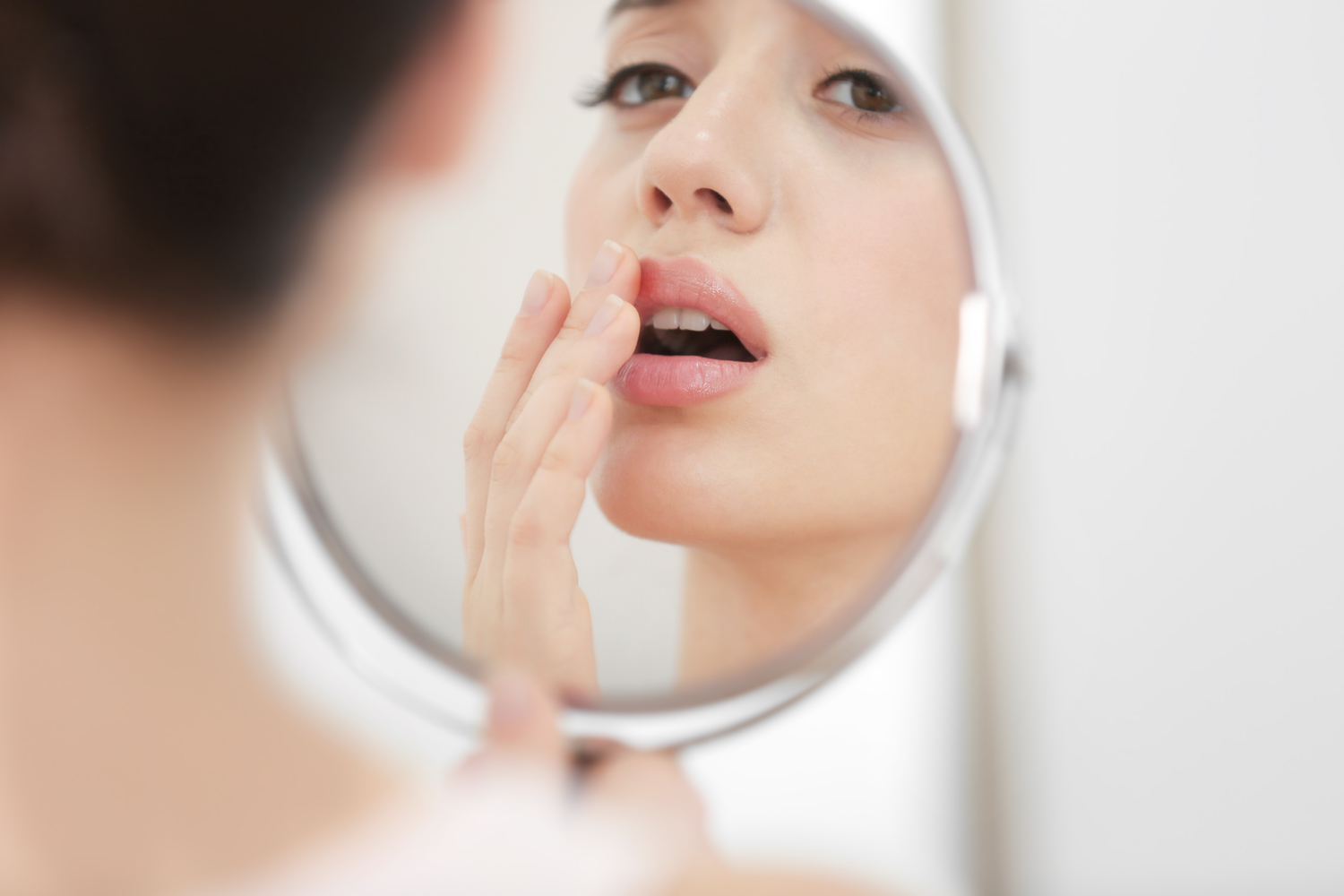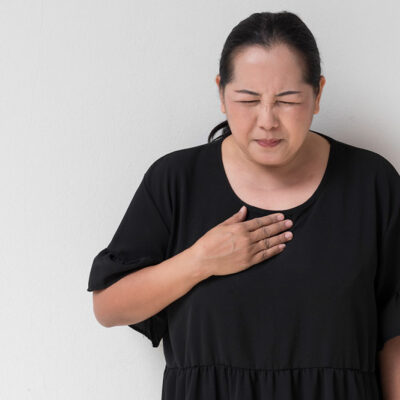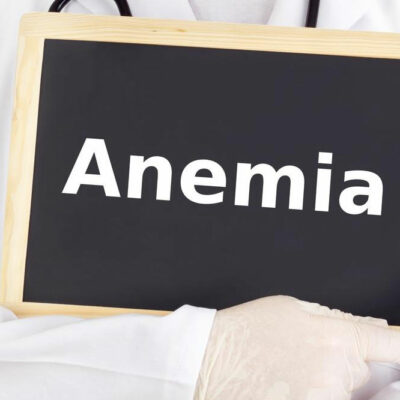
Tips to Prevent Cold Sores
Frequently called fever blisters, cold sores are small blisters that form on and around the lips. They are caused by the herpes simplex virus, typically HSV1, and are highly contagious. Cold sores can last for several days and may take up to three weeks to completely heal. Cold sores are often treated with over-the-counter remedies that can provide relief from painful itching and help them heal faster.
Symptoms of cold sores can take up to 20 days to appear from the time of initial exposure to the virus. Early symptoms of colds sores can be felt a few days before the blisters emerge. Recognition at the itching and tingling stage can reduce the length of time it takes the sores to heal. Here are some tips to prevent a cold sore in the first place:
1. Avoid cold sore triggers
The herpes simplex virus remains dormant in the body’s nerve cells after initial infection and can be triggered at any time to develop another cold sore. Stress can trigger recurrence of cold sores. Stress causes the body to release the hormone cortisol, which suppresses the immune system making it unable to fight the virus. Here are some other examples of things that cause stress and affect the immune system:
- Fatigue
- Bacterial and viral infections
- Fever
- Skin injuries
- Hormonal changes and your menstrual cycle
- Weak immune system
- UV rays from the sun
2. Avoid kissing someone with a cold sore
Kissing risks bursting the blisters and releasing the fluid allowing the virus to spread more easily.
3. Use lip balm with sunscreen
Sunlight and heat can cause the lips to chap. Sun rays also damage the skin and cause exhaustion. All of these things increase the likelihood of a cold sore recurrence.
4. Avoid sharing straws and utensils
We use utensils to eat, which means when we share with someone with or about to get a cold sore, they can rub up against the cold sores and then spread the virus.
5. Wash your hands and don’t touch your face
It is extremely important to wash your hands as your fingertips can spread the virus to other parts of the body including the eyes, face and even the genitals.
6. Additional tips
It is a good idea to replace your toothbrush and work to build your immune system with plenty of sleep, regular exercise and a healthy diet.
7. Symptoms of cold sores
There are three stages of symptoms:
- Itching and tingling around the lips a day or two before the blisters appear
- Fluid-filled blisters appear, oftentimes in clusters, around the lips and, sometimes, cheeks, inside the mouth or on the nose
- Blisters ooze out fluid and become crusty
First time outbreaks might be accompanied by cold or flu-like symptoms, including fever, muscle aches, sore throat, headache, swollen lymph nodes and painful gums. Recurrences are not uncommon and usually appear in the exact same spot as before. Doctors can prescribe medication if the symptoms are particularly bad.


